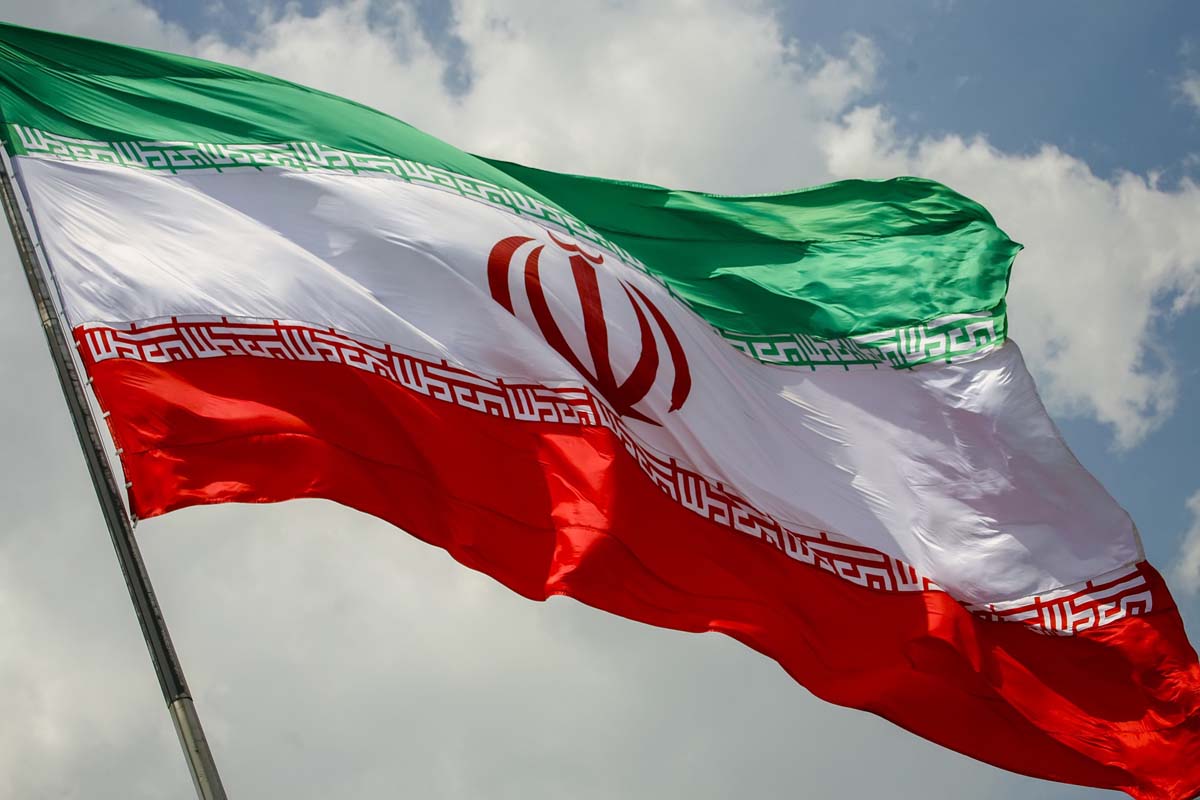
403
Sorry!!
Error! We're sorry, but the page you were looking for doesn't exist.
Iran Says Cairo Deal "No Longer Valid" Following Snapback Sanctions
(MENAFN) Iranian Foreign Minister Abbas Araghchi declared on Sunday that the cooperation agreement with the UN nuclear watchdog signed in Cairo is now "no longer valid," following the reimposition of snapback sanctions by Western nations.
“The three European countries thought they could achieve results through the snapback mechanism, but that tool was ineffective and only made diplomacy more complicated,” Araghchi told diplomats and foreign ambassadors in Tehran, as reported by an Iranian news agency.
The United Nations reinstated sanctions on Iran last week for the first time in a decade, after they were lifted as part of the 2015 nuclear deal. The move followed the European signatories of the agreement – the UK, France, and Germany – triggering the snapback clause under UN Security Council Resolution 2231.
Araghchi emphasized that the only viable resolution to Iran’s nuclear issue lies in “diplomatic and negotiated” efforts.
“In recent years, there have been repeated threats of military attack, but such an approach has failed to resolve any issue,” he added.
The minister further pointed out that, despite recent setbacks, continued dialogue remains possible “if the [opposing] parties act in good faith and consider mutual interests.” However, he acknowledged that recent developments at the UN Security Council have complicated the negotiation process.
Iran’s cooperation with the International Atomic Energy Agency (IAEA) had been resumed after a Cairo agreement last month, following Tehran's suspension of collaboration due to accusations of bias against the nuclear watchdog. But Araghchi now asserts that the Cairo agreement no longer holds under the new circumstances.
“To prove the peaceful nature of its nuclear program and its goodwill, the Islamic Republic of Iran has exhausted all diplomatic avenues, pursued consultations and cooperation, and presented constructive and balanced proposals. There is now no excuse left for Western countries to prevent Iran from cooperation or dialogue,” he said.
Tensions soared earlier this year when Israel launched an unexpected attack on Tehran on June 13, targeting military, nuclear, and civilian sites, along with senior military commanders and nuclear scientists. In retaliation, Iran launched missile and drone strikes, while the US bombed three Iranian nuclear sites. The 12-day confrontation ended after a US-brokered ceasefire on June 24.
“The three European countries thought they could achieve results through the snapback mechanism, but that tool was ineffective and only made diplomacy more complicated,” Araghchi told diplomats and foreign ambassadors in Tehran, as reported by an Iranian news agency.
The United Nations reinstated sanctions on Iran last week for the first time in a decade, after they were lifted as part of the 2015 nuclear deal. The move followed the European signatories of the agreement – the UK, France, and Germany – triggering the snapback clause under UN Security Council Resolution 2231.
Araghchi emphasized that the only viable resolution to Iran’s nuclear issue lies in “diplomatic and negotiated” efforts.
“In recent years, there have been repeated threats of military attack, but such an approach has failed to resolve any issue,” he added.
The minister further pointed out that, despite recent setbacks, continued dialogue remains possible “if the [opposing] parties act in good faith and consider mutual interests.” However, he acknowledged that recent developments at the UN Security Council have complicated the negotiation process.
Iran’s cooperation with the International Atomic Energy Agency (IAEA) had been resumed after a Cairo agreement last month, following Tehran's suspension of collaboration due to accusations of bias against the nuclear watchdog. But Araghchi now asserts that the Cairo agreement no longer holds under the new circumstances.
“To prove the peaceful nature of its nuclear program and its goodwill, the Islamic Republic of Iran has exhausted all diplomatic avenues, pursued consultations and cooperation, and presented constructive and balanced proposals. There is now no excuse left for Western countries to prevent Iran from cooperation or dialogue,” he said.
Tensions soared earlier this year when Israel launched an unexpected attack on Tehran on June 13, targeting military, nuclear, and civilian sites, along with senior military commanders and nuclear scientists. In retaliation, Iran launched missile and drone strikes, while the US bombed three Iranian nuclear sites. The 12-day confrontation ended after a US-brokered ceasefire on June 24.

Legal Disclaimer:
MENAFN provides the
information “as is” without warranty of any kind. We do not accept
any responsibility or liability for the accuracy, content, images,
videos, licenses, completeness, legality, or reliability of the information
contained in this article. If you have any complaints or copyright
issues related to this article, kindly contact the provider above.

















Comments
No comment